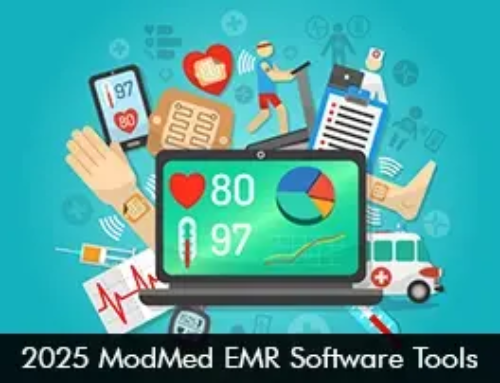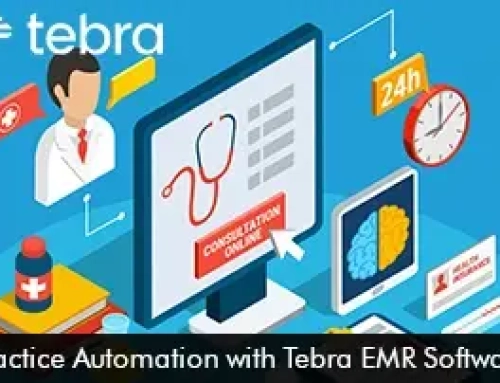Chronic respiratory diseases, such as asthma, COPD, and pulmonary fibrosis, require continuous monitoring and tailored care to ensure effective management. Pulmonology EMRs (Electronic Medical Records) are designed to support specialists in tracking patients’ respiratory health, managing symptoms, and adjusting treatments based on real-time data. Given the complexity of these conditions, an EMR optimized for pulmonology enables pulmonologists to improve care outcomes, reduce hospitalizations, and empower patients to take an active role in managing their health.
In today’s healthcare landscape, pulmonology EMRs have become essential for managing chronic conditions. They streamline documentation, enhance communication between healthcare providers, and offer data-driven insights into patient progress. This blog will examine the key features of pulmonology EMRs, discuss their benefits for both patients and clinicians, and highlight the best software options available for pulmonology practices.
Key Benefits of Pulmonology EMR for Chronic Respiratory Disease Management:
Comprehensive Patient Tracking and Monitoring:
-
- Allows clinicians to monitor symptoms, medication efficacy, and disease progression over time.
- Supports long-term tracking of key metrics, such as lung function and oxygen saturation levels.
Decision Support and Treatment Adjustments:
-
- Provides evidence-based recommendations for adjusting treatments in response to patient symptoms or test results.
- Allows pulmonologists to personalize treatment plans and minimize adverse reactions.
Integrated Telehealth for Remote Monitoring:
-
- Many pulmonology EMRs offer telehealth features, enabling remote monitoring and virtual consultations.
- Helps high-risk patients avoid unnecessary visits, reducing their exposure to potential respiratory infections.
Enhancing Patient Engagement and Self-Management:
- Patient portals enable patients to access their health data, medication schedules, and educational resources.
- EMRs empower patients to track symptoms and triggers, fostering better adherence to treatment plans.
Top Pulmonology EMR Software Recommendations:
- EpicCare Ambulatory – Supports chronic disease management with comprehensive tracking features.
- GE Centricity – Known for pulmonology modules tailored to respiratory health tracking.
- Allscripts Pulmonary Module – Offers robust data capture for symptoms, triggers, and treatments.
- Athenahealth – Highly customizable for pulmonology practices and includes telehealth.
- eClinicalWorks – Integrates well with monitoring devices and offers patient portals for chronic care.
Pulmonology EMRs have become indispensable in managing chronic respiratory diseases, allowing for continuous monitoring, proactive adjustments, and better patient engagement. By integrating real-time data and advanced tracking capabilities, pulmonology EMRs empower clinicians to deliver high-quality, patient-centered care. As healthcare continues to adopt more sophisticated digital tools, pulmonology practices equipped with specialized EMRs are well-positioned to meet the challenges of chronic respiratory disease management and contribute to improved patient outcomes and quality of life.








